as shown in the code below:
struct Person {
var name: String
}
struct Group {
var person: Person
func callAsFunction() -> Person {
// Person is immutable value
person
}
}
var james = Person(name: "James")
var group = Group(person: james)
group().name = "Wong" //ERROR: Cannot assign to property: function call returns immutable value
group() return an immutable value, that can't be changed! So Is there any way to make the callAsFunction() method return a mutable value?
Thanks ;)
Updated:
My idea is to transfer all the calls and visits of the Group to the Person object in the Group, just like using Person directly.
I can't use dynamicMemberLookup because I don't know what method or property there will be in Person. For example, there may be 100 methods and properties in Person (not only one name property as demonstrated), and it is impossible for me to write 100 subscript methods with dynamicMemberLookup.
My needs are a bit like proxy objects in the Ruby language. Accessing an object (Group) actually accesses another object (Person) inside it, as if the Group does not exist.
ruby proxy patterns: https://refactoring.guru/design-patterns/proxy/ruby/example
CallAsFunction is the closest implementation so far, but requires that Person cannot be a Struct, otherwise it cannot be assigned to its properties.
Maybe it's not possible to implement this feature in Swift yet?
